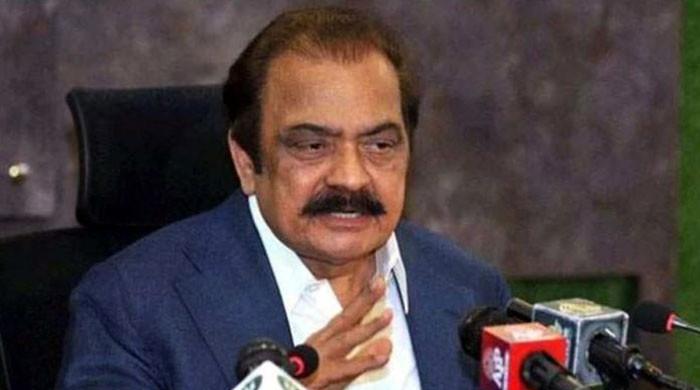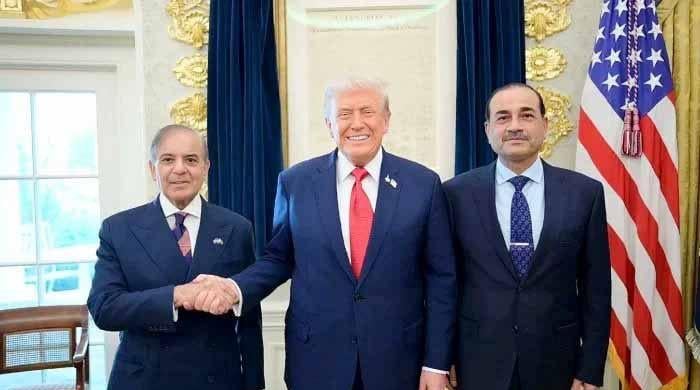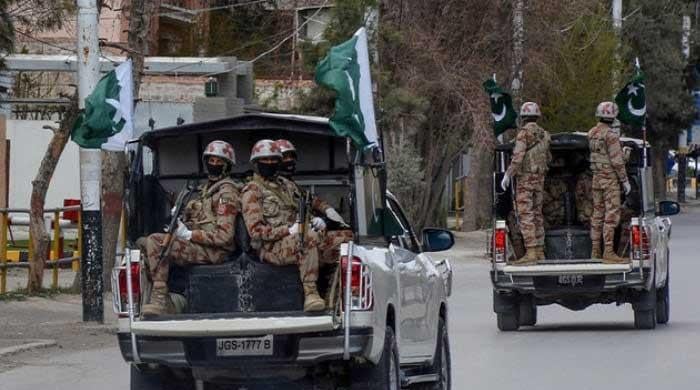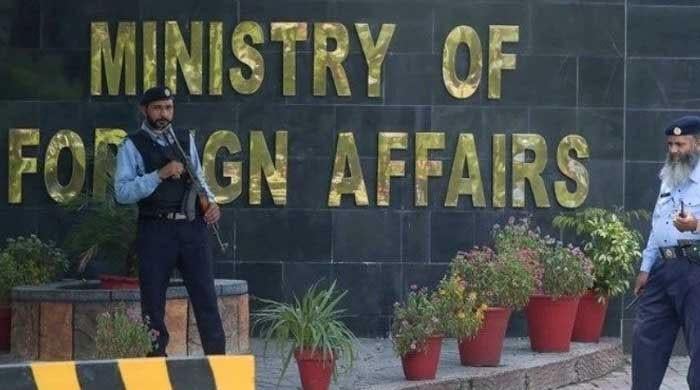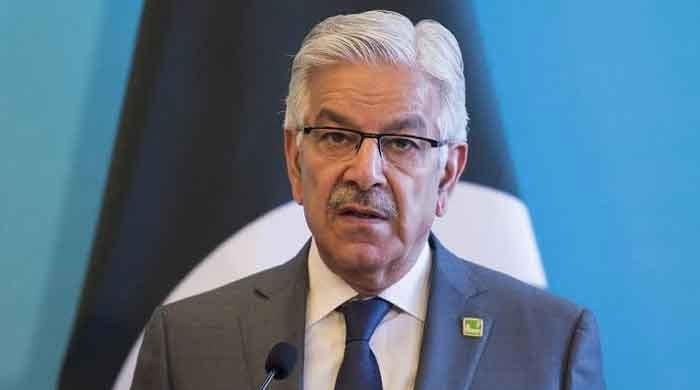SC dismisses NAB’s review petition in Hudaibiya paper mills case
Justice Isa said that the NAB could not point out any legal mistake in the decision
October 29, 2018
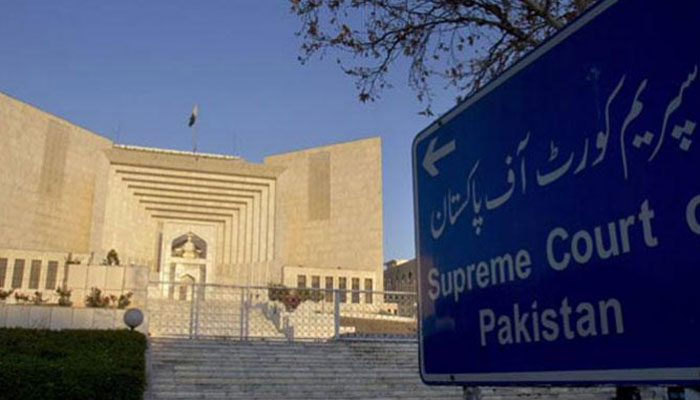
ISLAMABAD: The Supreme Court dismissed on Monday National Accountability Bureau’s review petition in Hudaibiya Paper Mills case.
A three-judge special bench headed by Justice Mushir Alam and comprising Justice Qazi Faez Isa and Justice Mazhar Alam Miankhel heard the review petition.
Justice Isa said that the probe body could not point out any legal mistake in the decision. “We have heard the merits and details as well,” said the judge.
Justice Isa enquired NAB regarding a delay of ‘1,299 days in making an appeal’.
Justice Asif Saeed Khosa had directed that Hudaibiya Paper Mills case be reopened during the hearing of the Panama Papers case.
On December 15, 2017 a three-member Supreme Court bench headed by Justice Mushir Alam had dismissed NAB’s appeal to reopen the Hudaibiya Paper Mills case. NAB had then filed an appeal against the decision.
The Rs1.2 billion Hudaibiya Paper Mills case, involving money laundering charges against the Sharif family, was initiated by NAB in 2000 but quashed by the Lahore High Court (LHC) in 2014. The NAB had appealed the LHC decision in the Supreme Court.
Hudaibiya Paper Mills case
The Hudaibiya Paper Mills was allegedly used as a cover by the Sharif family to launder money outside the country in the 1990s.
It was in relation to this case that the Sharif family's trusted aide, Ishaq Dar, recorded a confessional statement on April 25, 2000 in front of a magistrate in Lahore accepting his role in laundering money.
On the basis of that confession, a reference was filed by the NAB in 2000 before an accountability court against the Hudabiya Paper Mills, three Sharif brothers, Dar and others.
Dar was not charged as he had become an approver for the prosecution.
That reference was struck down by a referee judge of the LHC on March 11, 2014 in response to a writ petition filed in 2011 stating that Dar's confession was coerced.
Dar had claimed that he had made the 'confession' under duress and disowned the statement.





